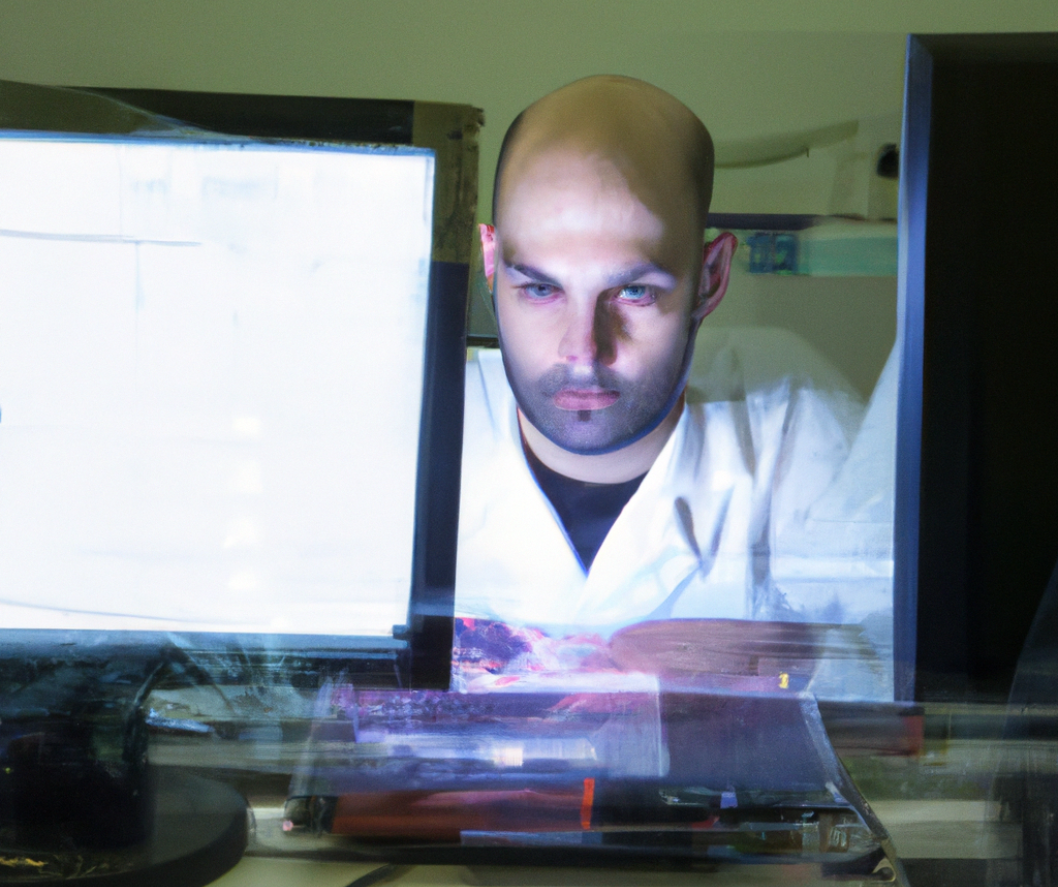We interrupt this program…
I want to pause my series of articles on self-learning (which I have been publishing in this space with the subtitle Testimony of an Autodidact) to share with you this note that feels urgent to me (and now is the most suitable time to publish it).
A few days ago, a photoshopped photo by the English royal family turned half the world upside down (the truth is that the other half is still very calm, nonplussed about this scandal, but hey…). With an avalanche of memes or profound sociological analyses, many have seen the matter as something more significant than a compelling cover for Hola magazine – a new opportunity to discredit the monarchical system and a chance to spotlight the immense risk of electronic imaging (using Photoshop or Artificial Intelligence, for example) to make us distrust entirely all forms of visual evidence henceforth. Nothing can guarantee that the photo or video of “the events that occurred” is reliable evidence.
The crisis caused by this possibility of transfiguring reality deepens into something that makes many people shudder even more: the ability of these technologies to imitate human voices with total fidelity, which makes us highly vulnerable to the false kidnappings of our loved ones.
However, I want to draw attention to something that has been given less attention due to its lack of spectacularity. Still, it will likely attack and ultimately alter our current societies even more than the terrible technologies I mentioned above (if I may enter into the prevailing catastrophic tone).
Word is circulating in the media that falsifying scientific information through publications that invent realities has become common. Prestigious scientists have been unmasked for this, plunging into serious scandals. If someone were to ask me for evidence of what I am saying, I could give them some journalistic references here, but I can also confess that it is something that I am making up; the truth is that it would not matter because we all know that at any moment this type of fraud can happen. Not only that, in addition to false publications, we can foresee an avalanche of scientific evidence impossible to verify, not only because of its impeccable simulation but also because of its immense quantity (thanks to Artificial Intelligence, the number could have no limits); Thus, the line between confirmed and unconfirmed truths would begin to blur, without the possibility of distinguishing them.
This door to chaos opens behind one of the great strengths of the scientific method at the point of its Achilles’ heel: I am talking about the requirement to expose one’s conclusions to the review of the entire scientific community for validation. This requirement is increasingly difficult to meet. Indeed, scientific results have always been falsifiable, but today, this ability reaches levels that can undermine the structure of the entire system (and I don’t think I’m exaggerating).
I have never enthusiastically supported scientific knowledge when it tries to position itself as the ultimate truth. However, it would seem to me too unfair if the centuries-long efforts of the scientific method were to fall apart not because of a reasoned and gradual reconsideration of its scope but because of fraud. The pretense of science to explain all reality through this method must be questioned with arguments, not a compilation of lies whose only strength is that they cannot be traced. For the scientific community to declare itself defeated because of fatigue would be a tragedy.
We cannot rule out that, faced with such a panorama, scientists will be inclined to keep their activity secret (indeed, they are already doing so) instead of recreating the “hermetic” brotherhoods that have always existed (and which, by the way, have given scholars of all times great power). The truth is that we are naïve: there is no doubt that secret scientific research without socialization of its results is already occurring everywhere, nourishing secret uses of technologies.
To end my text in this conspiratorial tone, I present an idea I had not contemplated at the beginning: it would not be strange for the scientists close to power to invent millions of false results themselves, violating public science and allowing only the option of hidden science to prevail, with research to which no one, except those power groups, has access.
So yes, we would only have the option of sending the call for Batman to help!
Translation by Daniel Wetta
This article from Observatory of the Institute for the Future of Education may be shared under the terms of the license CC BY-NC-SA 4.0 
)
)


)